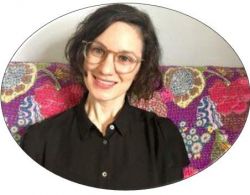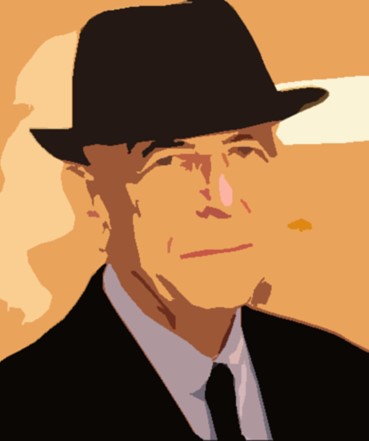Dr. Kait Pinder

Position: Department Head, Associate Professor
Education: B.A. (Honours), M.A. (Western), PhD (McGill)
Office: BAC 416
Email: kait.pinder@acadiau.ca
Research Interests: Canadian literature, literature and philosophy, modernism, theories of care and compassion, twentieth-century fiction, aesthetics, theories of the novel
Selected Honours:
2019 Herb Wyile Prize for best article published in Studies in Canadian Literature/Études en Littérature Canadienne for “Action, Feeling, Form.”
Selected Publications:
“Sheila Watson as a Reader of Simone Weil: Decreation, Affliction, and Metaxu in The Double Hook.” Forthcoming in University of Toronto Quarterly.
“Action, Feeling, Form: The Aesthetics of Care in Tracey Lindberg’s Birdie.” Studies in Canadian Literature/Études en littérature canadienne, vol. 44, no 1, Spring 2019, pp. 218-38.
“Difficult Compassion; Compassionate Modernism: Ethel Wilson’s Swamp Angel.” Canadian Literature, no. 225, Summer 2015, pp. 101-18. (Published April 2016).
In Progress:
The Contemporary Leonard Cohen: Response, Reappraisal, and Rediscovery, an edited collection with Joel Deshaye (MUN)
Philosophy and Form: Individualism in the Modern Canadian Novel

Teaching: Like the literary critic Rita Felski, I believe that literature can “recontextualize what we know and […] reorient and refresh perception.” My courses in Canadian literature and in theory challenge students to examine and reframe their cultural assumptions by thinking with literary works that usually don’t think like them. In Canadian literature courses, you can expect to read poetry, short fiction, and novels by authors you probably haven’t heard of. In theory courses, you can expect to read theory with a range of artistic works, including poetry, fiction, drama, film, and photography.
The collaborative and inquisitive ethos of the university classroom is important to me. In class I centre student discussion and active learning. Each course includes low-stakes, formative assignments that build essay writing and close reading skills, as well as larger, summative assignments, including exams and essays. In 1000- and 2000-level courses, I often include creative options for one assignment. In 3000-level and above, students develop their own research topics and practice writing essays as well as other academic genres, including proposals, annotated bibliographies, and conference papers.
Courses Recently Taught:
ENGL 1406: Writing and Reading Critically
ENGL 2563: Canadian Literature 1
ENGL 2573: Canadian Literature 2
ENGL 2006: Strategies for Reading
ENGL 3073: Theory
Honours and Graduate Seminars:
ENGL 4253/5913: Studies in Canadian Literature: Discourses of Inheritance in the Modern Canadian Novel
